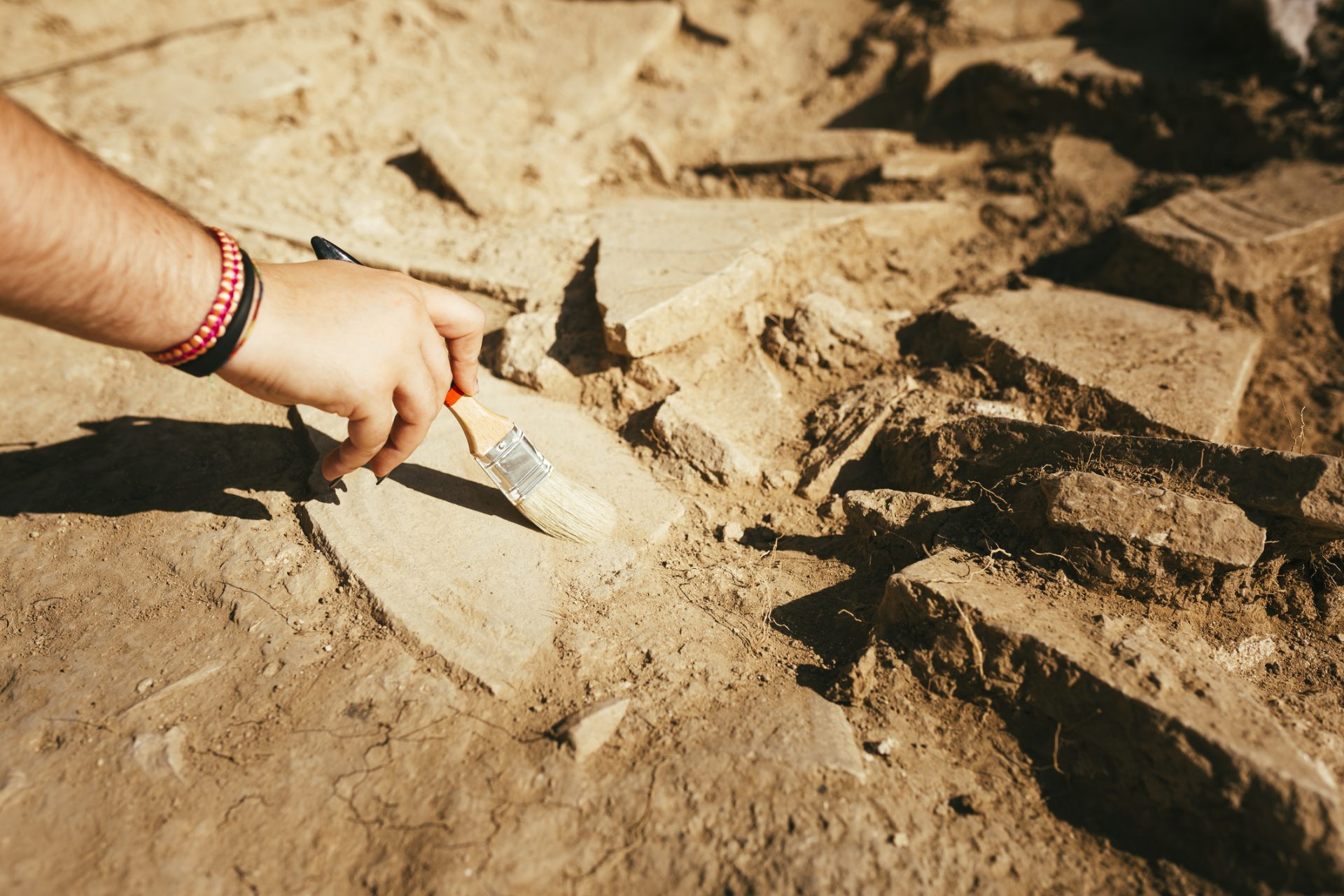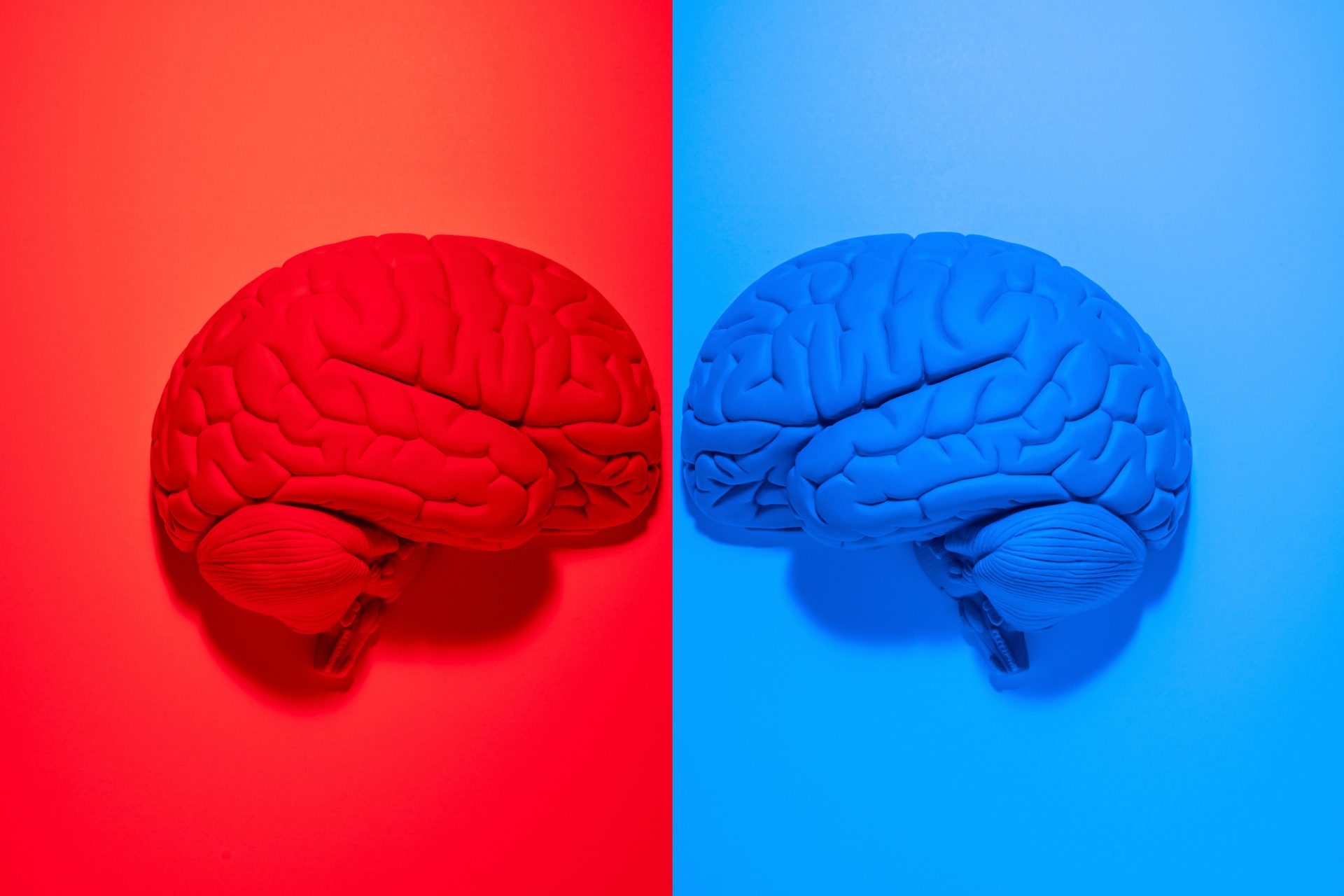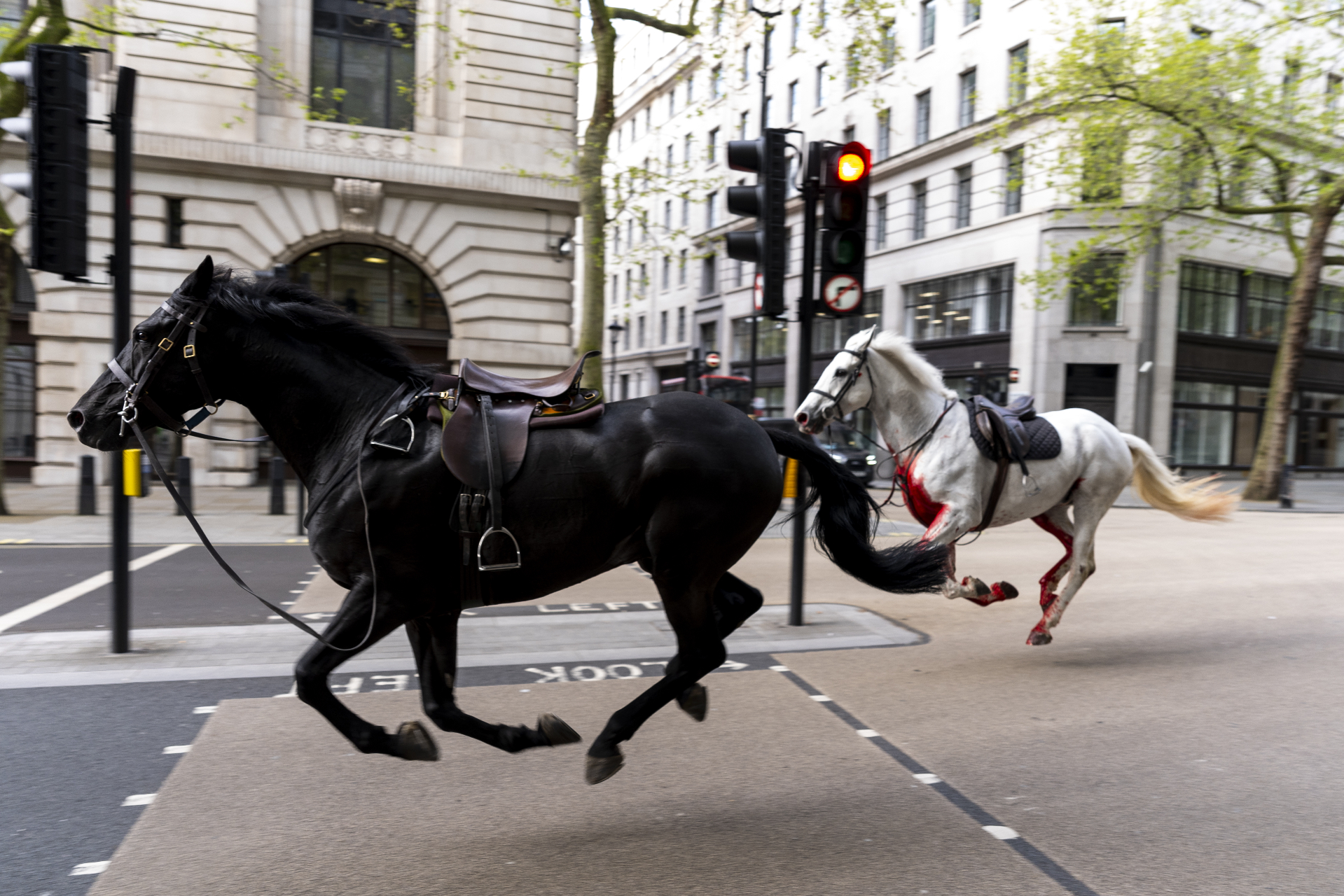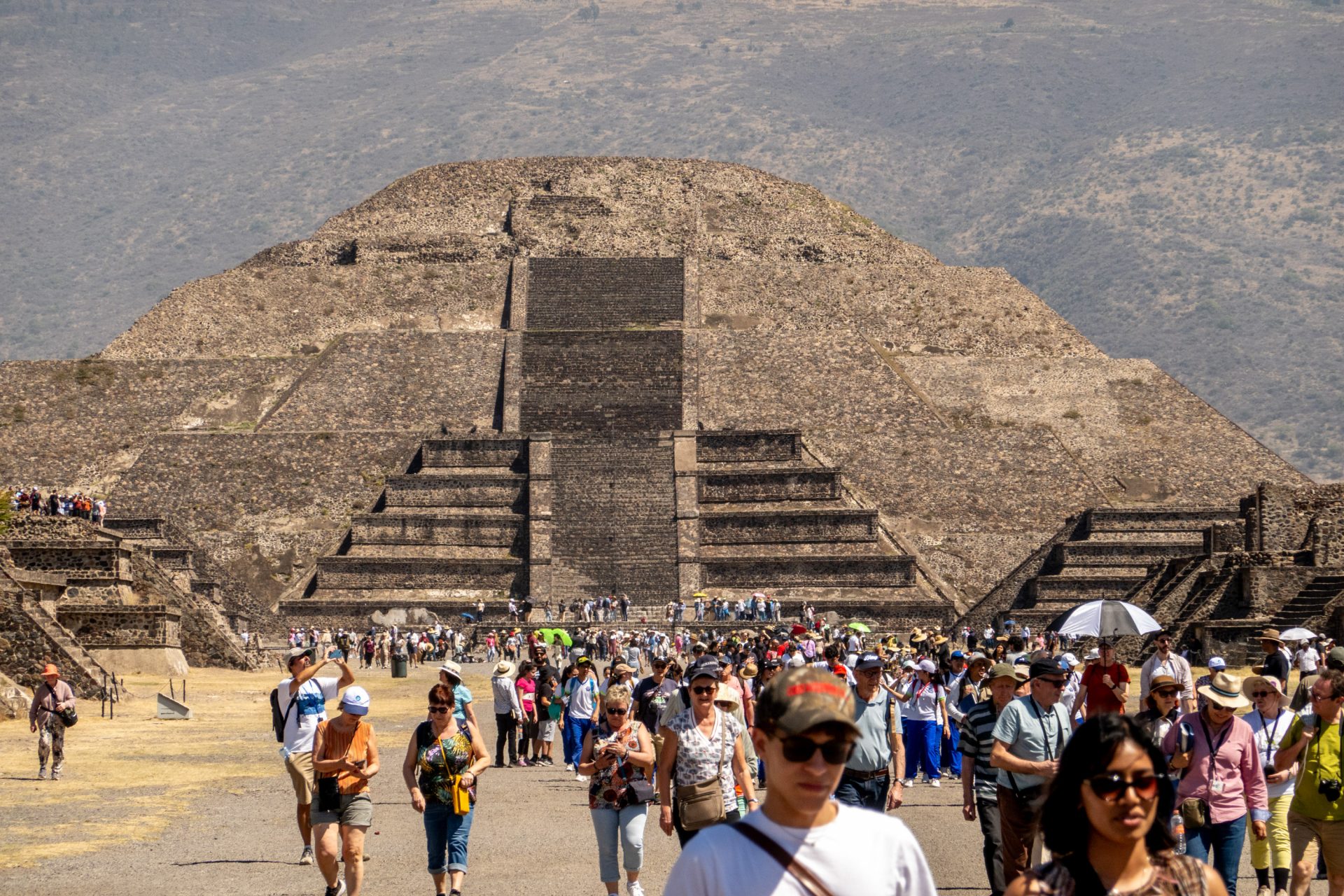One big discovery might have changed evolutionary history forever
Researchers are always making groundbreaking discoveries about how life evolved on Earth. However, there have been few finds in recent memory as exciting as what was uncovered in an Australian desert in 2023.
Scientists uncovered the remains of a long-lost world of microorganisms that lived more than 1.64 billion years ago and turned out to be the earliest known ancestor of humanity that had been discovered.
The discovery of what scientists took to calling protosterol biota was made by a group of researchers from the Australian National University in an area that was once covered by the ancient ocean according to Discover Magazine.
Today that ancient ocean area is now part of Australia’s Northern Territory, and it was in the prehistoric rocks of the region that scientists found fossilized fat molecules revealing the existence of microscopic protosterol biota as well as a world of complex ancient life.
Protosterol biota is a type of microscopic creature that hails from a group of organisms known as eukaryotes according to The Miami Times, which noted that most living things could be classified as eukaryotes; including fungi, animals, and single-celled organisms.
Dr. Benjamin Nettersheim was one of the men behind the groundbreaking discovery and he explained in a press release that protosterol biota appeared to be the oldest known ancestor in our lineage, living even before the last common ancestor shared among all eukaryotes.
Photo credit: Twitter @marum_de
“These ancient creatures were abundant in marine ecosystems across the world and probably shaped ecosystems for much of Earth’s history,” Dr. Nettersheim said in the press release, adding scientists have long searched for evidence of early eukaryotes.
Unfortunately, physical evidence of early eukaryotes has proven to be extremely scarce according to Dr. Nettersheim. However, the discovery in Australia could change everything we know about the microorganisms and how they impacted evolution to create our world.
Dr. Nettersheim noted scientists have long believed modern forms of eukaryotes must have taken over our prehistoric oceans more than a billion years ago because of how dominant they’ve become today. But there has been little evidence to back that theory.
“One of the greatest puzzles of early evolution scientists have been trying to answer is: why didn’t our highly capable eukaryotic ancestors come to dominate the world’s ancient waterways?” Dr. Nettersheim explained.
“Our study flips this theory on its head. We show that the Protosterol Biota were hiding in plain sight and were in fact abundant in the world’s ancient oceans and lakes all along," Nettersheim added. "Scientists just didn’t know how to look for them–until now.”
The reason this is important is because all living eukaryotes—a group that includes you—derive from a common ancestor known as the last eukaryote common ancestor (LECA). But the trail for this common eukaryotes ancestor went dark about 800 million years ago.
The discovery of protosterol biota, which again is a type of eukaryote, can teach us a lot about how our earliest ancestors lived and evolved according to Dr. Nettersheim, and we’ve already learned that they might have been one of Earth’s earliest predators.
“We believe they may have been the first predators on Earth, hunting and devouring bacteria,” Jochen Brocks explained. But how did the researcher make their discovery? It all came down to the work of Nobel-prize winning biochemist Konrad Bloch.
According to Vice News, Bloch predicted in the 1990s that the oldest eukaryotes might have produced “primordial versions” of sterols, a kind of steroid compound —and it was just this type of biomarker that researchers looked for when figuring out how to find traces of ancient eukaryotes.
“We employed a combination of techniques to first convert various modern steroids to their fossilized equivalent; otherwise, we wouldn’t have even known what to look for,” Jochen Brocks said in a press release, which allowed the team to make their discovery.
“Once we knew what we were looking for, we discovered that dozens of other rocks, taken from billion-year-old waterways across the world, were also oozing with similar fossil molecules,” Brocks added—changing the world and our knowledge of evolution.
More for you
Top Stories






























